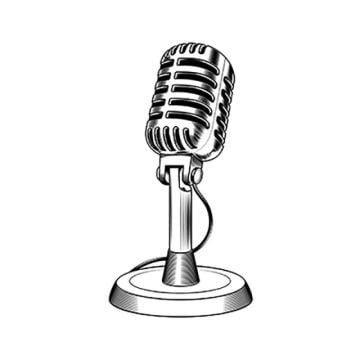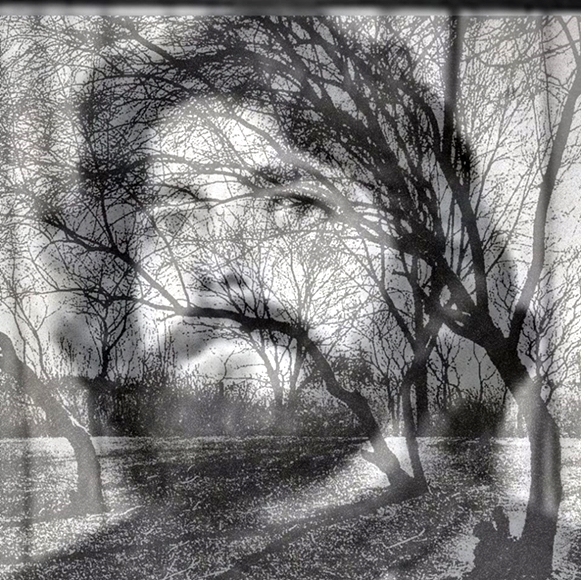Mentors
He wore an ascot. Even in the early 1960s, very few people wore ascots and none I had ever known. It takes a certain flair and a lot of chutzpah and mounds of dignity to wear an ascot, and wearing an ascot in New York City in the early 1960s could only be accomplished by the cream of class.
Standing on a windy corner in Manhattan in the middle of January as I had done on many mornings, waiting for the man who had become my mentor, it seemed the wind did not bite as much and the cold did not cut as deep. I knew he would round the corner at any moment, sporting his brightly colored ascot and scarf and warm smile. He was never late, and I was there to learn my craft from someone who knew what it would take to make it.
Henry Bartel taught voice in New York City, and he was an on-air working professional at no less than a classical music station, a classical music station in the world’s largest city, New York! Henry taught me how to properly pronounce names like Igor Stravinsky (you must roll that name), although I aspired to be more like Wolfman Jack, Murray the K, Cousin Brucie Morrow, and Arnie “Woo Woo” Ginsburg, the Big Jocks who helped make Rock and Roll what it is. It’s easier to say Lennon than Stravinsky.
You might think that Henry, a man of accomplishment in an ego-infested industry, would have such a big ego he would not have time to teach a young upstart, but just the opposite was true, and it was not an easy task. Born in the south, I had a slight southern accent, not the kind of sound that would be accepted in the major markets of our country. Added to that, I was one of the most timid people on earth, and most professional teachers/broadcasters would probably have suggested I get a job in a library.
One morning I waited for his arrival, expecting to see that big smile and brightly colored ascot come around the corner, and Henry was late. Henry was never late and was the first to tell me there is no word for “late” in Broadcasting, and I have lived by that my entire life.
As time passed, another professor walked by and asked “Dan, why are you here today?” I began to answer, and he stopped me and said, “Henry had a heart attack in the back of his cab this morning. I’m sorry, Dan, he is dead.” During the rest of my time in New York, the wind was harsher, the cold relentless, and the days a darker gray. I never had a chance to tell Henry Bartel what he had meant to me and how much I had appreciated his help, but I went on to live my dream. The shy kid with the southern accent worked in some of the best and biggest cities, including New York.
I don’t think there have been many times just before throwing the mic switch to “ON” and “GO UP, LIVE! ON AIR!” that I do not remember the man who helped make it all possible. I will always remember Henry.


